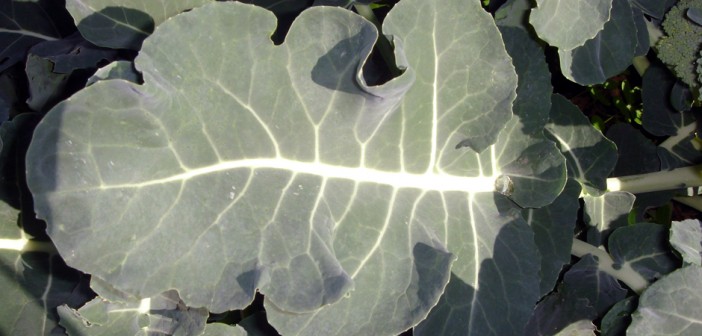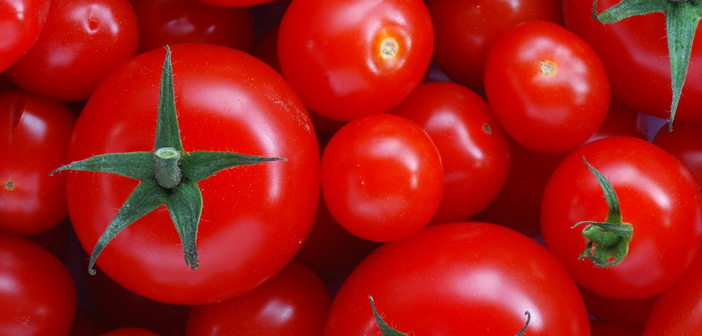Pasteurisation technology supplied by HRS Heat Exchangers has helped international waste-to-product business Shanks Group plc, gain PAS 110 certification for its Westcott Park anaerobic digestion (AD) facility in Buckinghamshire.
Publicly Available Specification 110 (‘PAS 110’) is a demanding industry specification which verifies the quality of digestate (the organic biofertiliser output from the AD process) and covers the product quality, standards for input materials and the management system for the AD process.
This important development, which was achieved in April this year,means that the digestate produced by Westcott Park is of a consistent high quality which can be sold and applied as an agricultural fertiliser.The facility also received a Certificate of Compliance by Organic Farmers & Growers Ltd, meaning that the digestate can be used by both conventional and organic farmers to provide nutrients and valuable organic matter to their crops.
The Westcott Park facility has the capacity to process 48,000 tonnes of food waste, from sources including the retail and catering sectors, each year and supplies the National Grid with enough electricity to power 6,000 homes.
As well as setting limits for physical contaminants, such as plastics, the PAS 110 standard requires pasteurisation of the material before or after it is digested at the AD facility. HRS designed and supplied a HRS 3 Tank Batch Sludge Pasteuriser System to pre-pasteurise the food waste feedstock before it is fed into one of the three digester tanks.
The system makes use of heat from the facility’s existing combined heat and power engine which would otherwise be wasted, helping to maximise the overall efficiency of the site. It also recovers heat from the hot feedstock which has been pasteurised and uses it to pre-warm the feedstock as it enters the pasteuriser system. This provides energy savings of up to 70 per cent.
Ray Nattrass, Head of Process Design & Engineering at Shanks Waste Management, said: “We chose the HRS system because they offered a complete pasteurisation solution -we wanted the tanks, pumps, control system, control logic and everything built into that.
HRS demonstrated that they had the ability to design the facility as a standalone solution. It was their ability to do that which was key for us.”
Peter Eglinton, Managing Director of Shanks’ Municipal Division, commented:
“I am delighted that our Westcott Park AD facility has achieved this quality standard for our digestate product.By achieving PAS 110, we can assure our customers that our nutrient-rich digestate is recognised as best-in-class.By deploying the digestate back to land we are making more from waste and enhancing our position in the market as a leading waste-to-product company.”
Matt Hale, International Sales Manager for HRS, added:
“We are delighted to have helped Shanks achieve this important milestone in the commissioning and development of their AD facility at Westcott Park. Our 3 Tank Batch Sludge Pasteuriser System ensured that the facility complied with the requirements for treating Animal By-Products when it was fully commissioned last year. Now it has been an integral part of achieving PAS110 certification.”

This article was first posted on the HRS Website in August 2015.









